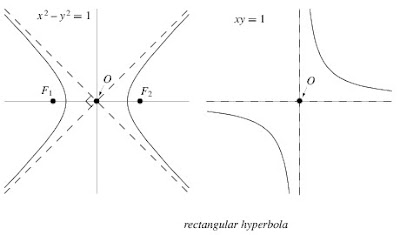Oprah's Book Club
On science and religion, and why scripture should know the value of its place.
"Life is..." is a very different statement from "Life can be described by..." This is because we can never say what life is, with absolute certainty; we can only infer life from its descriptions.
Stated another way: We can never teach what life is; we can only describe how life works. Across these descriptions, patterns begin to resonate from which the true nature of life can then be inferred, albeit with varying degrees of uncertainty.
From an infinite complexity of life arises infinite ways to describe that life. The two most commonly (mis)understood frameworks are, of course, religion and science.
The former offers anecdotal descriptions based on scripture passed down incompletely from one generation to the next. The latter offers theoretical descriptions based on conclusions drawn from quantitative data passed down incompletely from one measuring device to the next.
Both frameworks paint incomplete pictures of life, but only science acknowledges that its pictures are incomplete.
Religion speaks in absolutes of what is and what should be; whereas science offers only theorems: statements that can never be proven true—only false.
Science accepts uncertainty as its central premise, and is in fact driven by this uncertainty to explore further, to understand better—to live more. Uncertainty, in a sense, is what gives life meaning: life as an end in and of itself.
Religion, on the other hand, is never uncertain. Uncertainty does not win followers, and without followers, there can be neither political support nor financial gain: Religion would go out of business.
And so religion sells the false certainty of ritual and form, perpetuating an ignorance that does not explore, does not question, and simply obeys. "Look no further; ask no questions; do as you are told; and in the next life," religion promises, "you shall be rewarded." The promise of future rewards is what gives life meaning: life as a means to an end.
Religion gives people answers to questions that they aren't intellectually prepared to ask yet, and in doing so, shortcuts their journeys—straight into a ditch. After all, why bother trying to learn new ways of understanding the world if some all-powerful deity is ultimately the answer to every question?
Some would argue that this isn't so bad: some people just aren't equipped for a lifetime of struggle. I can accept this. Self-imposed ignorance is OK with me.
But the hatred, discrimination, and violence that is often a product of this ignorance—not okay. And the only way to achieve self-imposed ignorance without the trifecta of hatred, discrimination, and violence is to free scripture to DESCRIBE truth, and stop forcing it to BE truth.
Scripture at its best functions like the greatest of literature: offering descriptions of life that while far removed in place and time, still resonate in the here and now through some shared and eternal struggle.
In this sense (setting my obvious biases aside), scripture does have a place in the modern world. But then again (biases reasserting themselves), one could also join Oprah's book club.

















